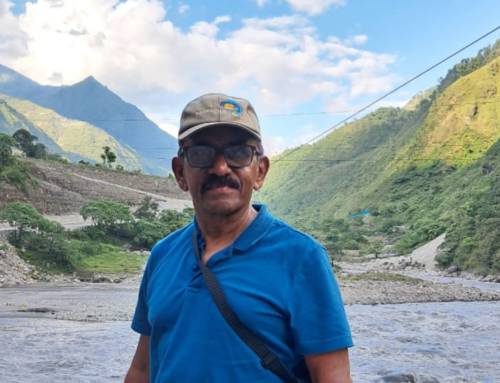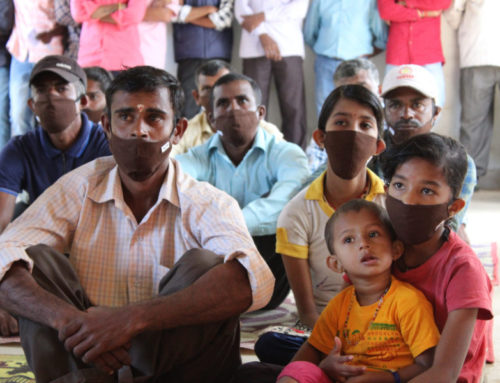We are happy to share with you the release of a new scientific paper by Anisha Jayadevan (Centre for Wildlife Studies), Rajat Nayak (Foundation for Ecological Research, Advocacy and Learning), Dr. Krithi K. Karanth (Centre for Wildlife Studies), Dr. Jagdish Krishnaswamy (Ashoka Trust For Research In Ecology And The Environment), Dr. Ruth Defries (Columbia University), Dr. K. Ullas Karanth (Centre for Wildlife Studies), and Srinivas Vaidyanathan (Foundation for Ecological Research, Advocacy and Learning).
The study titled Navigating paved paradise: Evaluating landscape permeability to movement for large mammals in two conservation priority landscapes in India was published in the journal, Biological Conservation (Volume 247).
As one of the fastest-growing economies in the world, India’s infrastructure is undergoing rapid expansion. As a consequence, forests are increasingly impacted with fragmentation of critical habitats, reduction in animal movement and mobility, and disruption of connectivity in many ecosystems.
This collaborative research effort focuses on two priority conservation landscapes in India – the Western Ghats and Central India to assess landscape permeability for multiple mammal species. Importantly, the study finds that natural areas constitute only 20-55% in the Western Ghats and 50-70% in Central India of unrestricted, increased and channelled movement areas. The detailed landscape permeability maps can be used to identify key areas that facilitate movement for multiple wide-ranging animals. The study’s spatially explicit results will help prioritize areas where restoration or mitigation efforts should be planned to improve permeability of movement for large mammals.
The paper can be found in the PDF format here.






